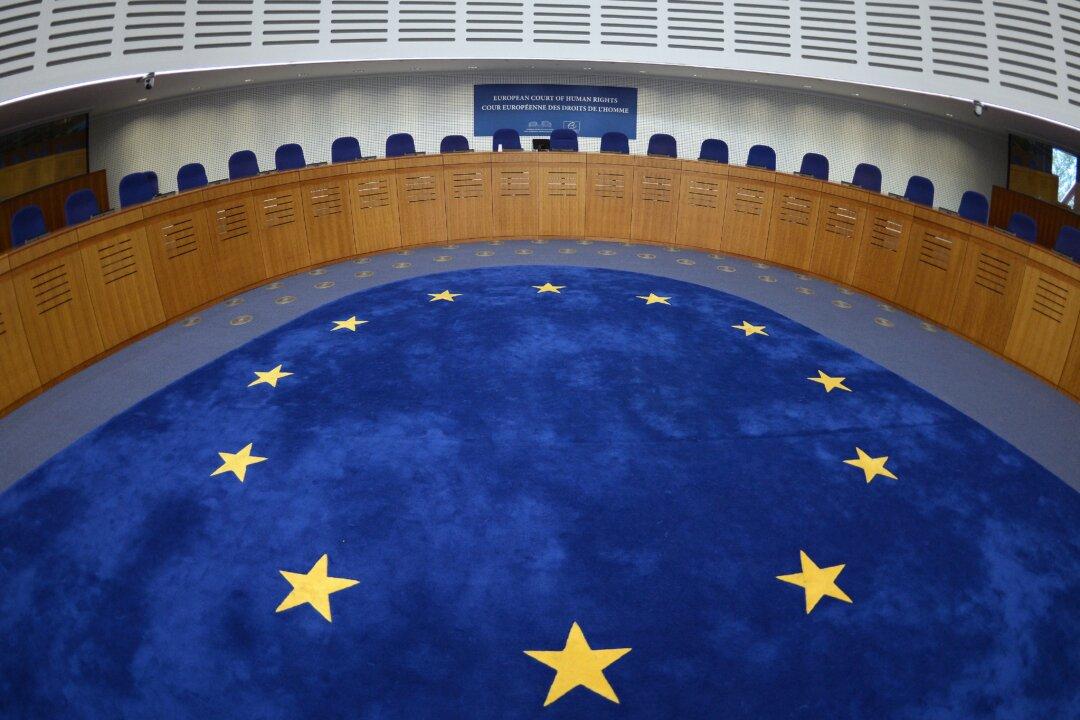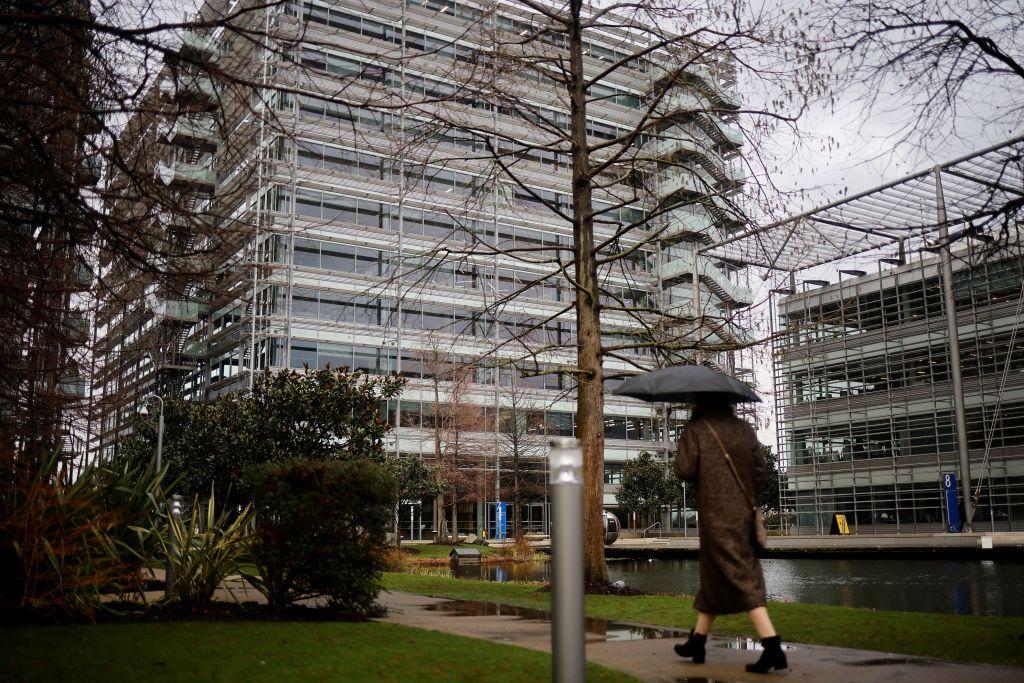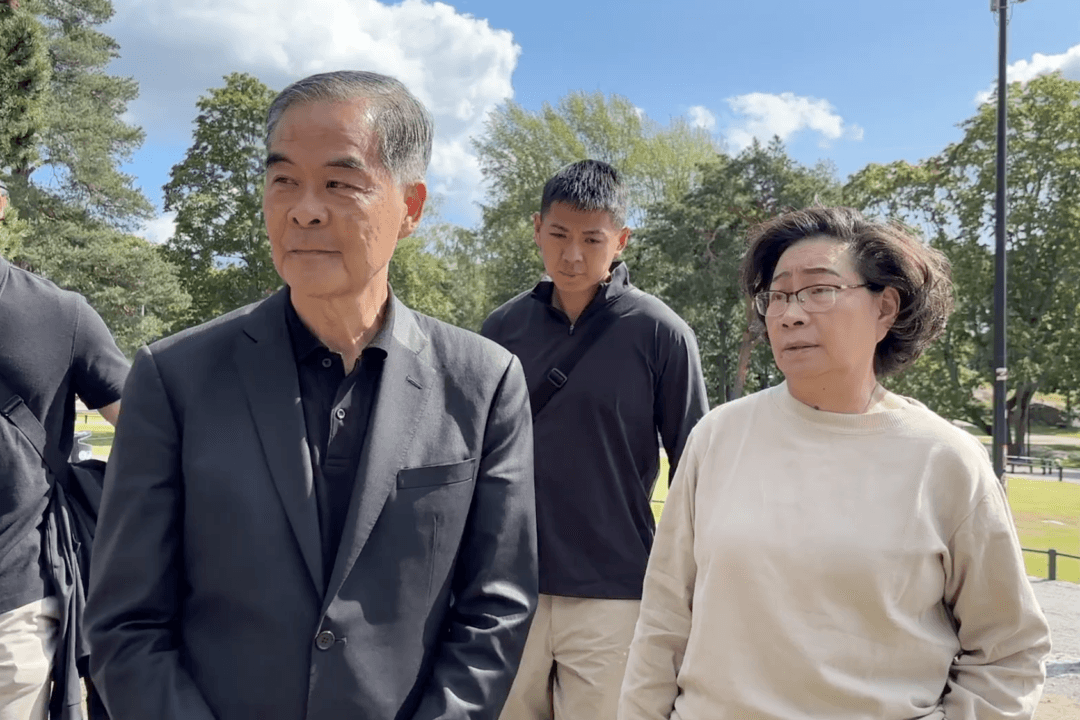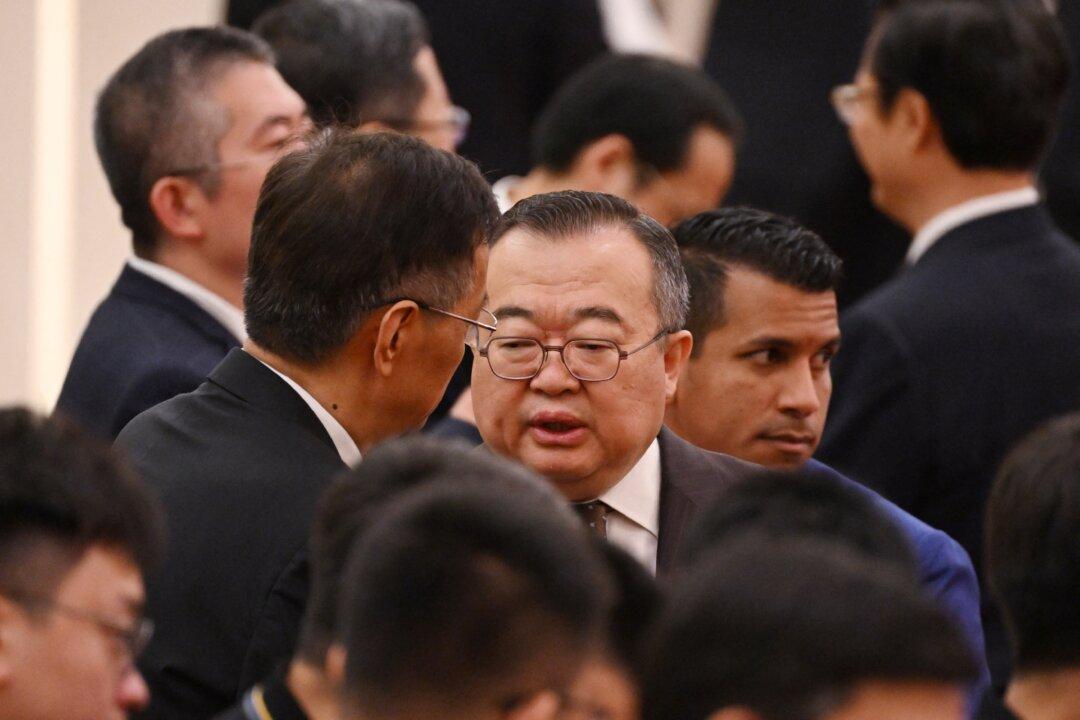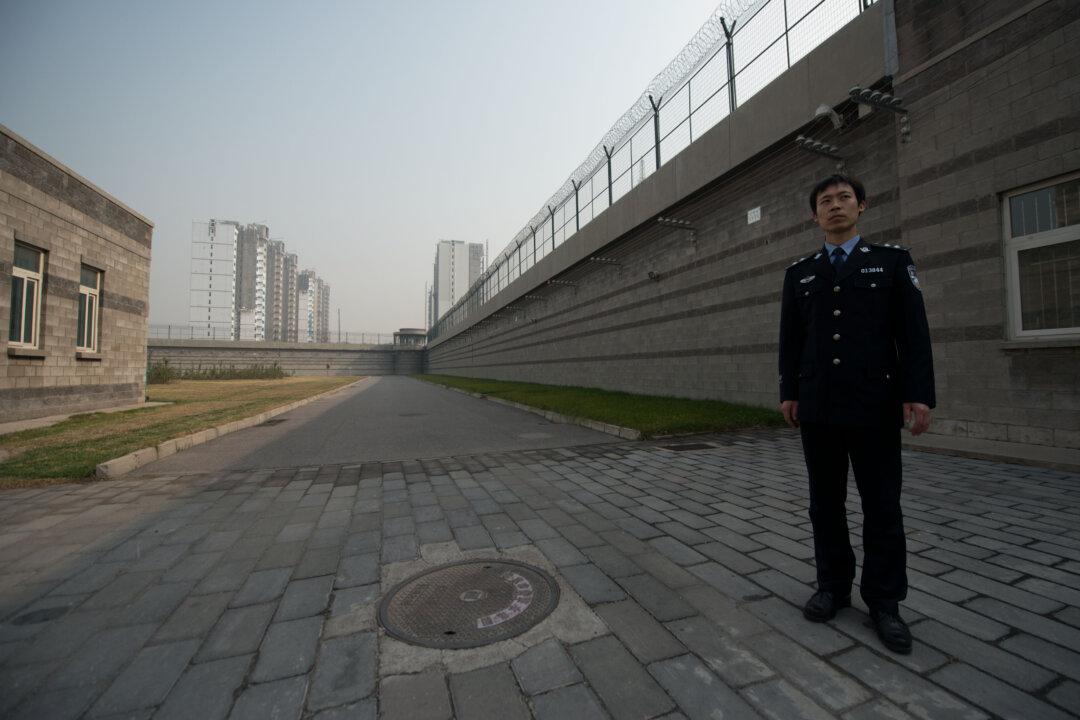Commentary
Years in the making, the first-ever trial has been held by the European Court of Human Rights (ECtHR) for a case concerning an extradition to China—and the decision, out just weeks ago, is extraordinary, and can best be likened to an undetected earthquake. Consequences will be felt across all of Europe, not merely the EU.
